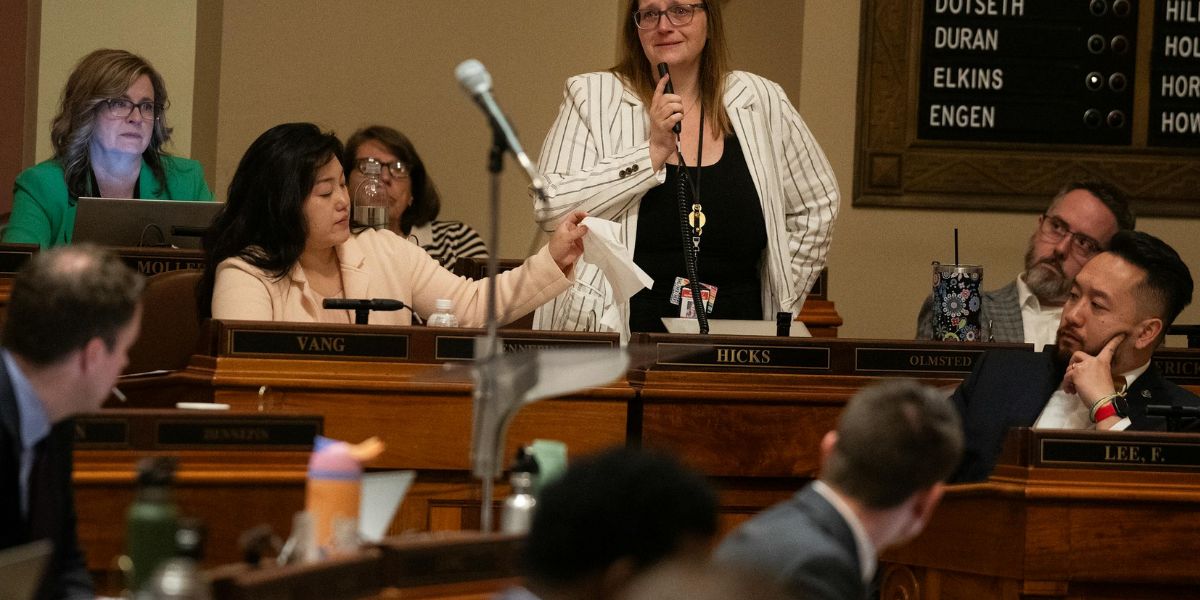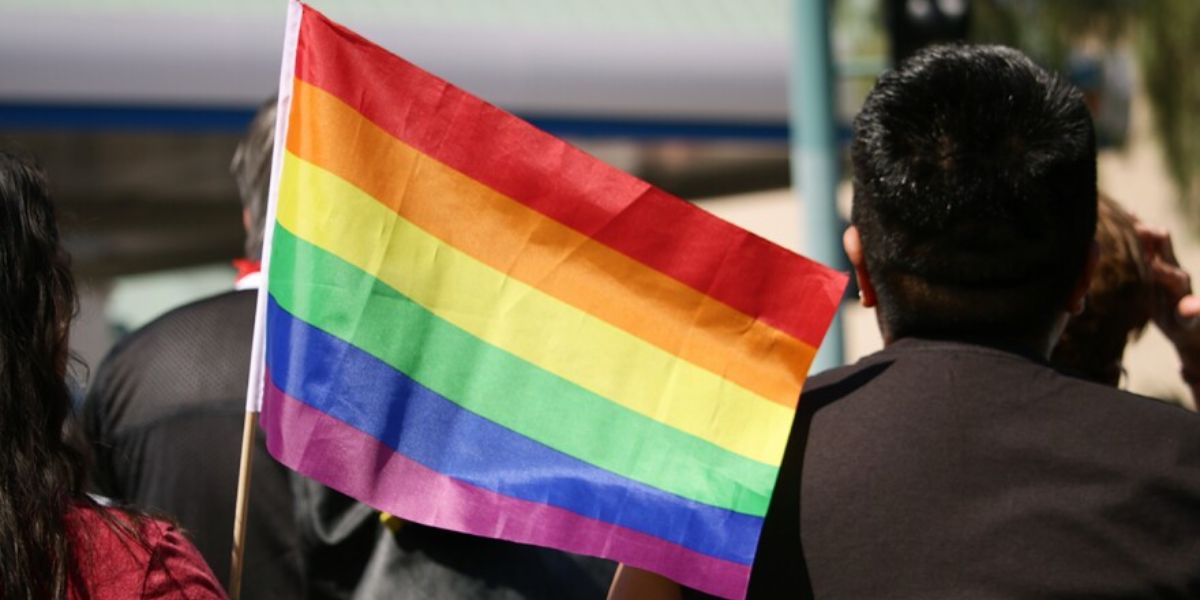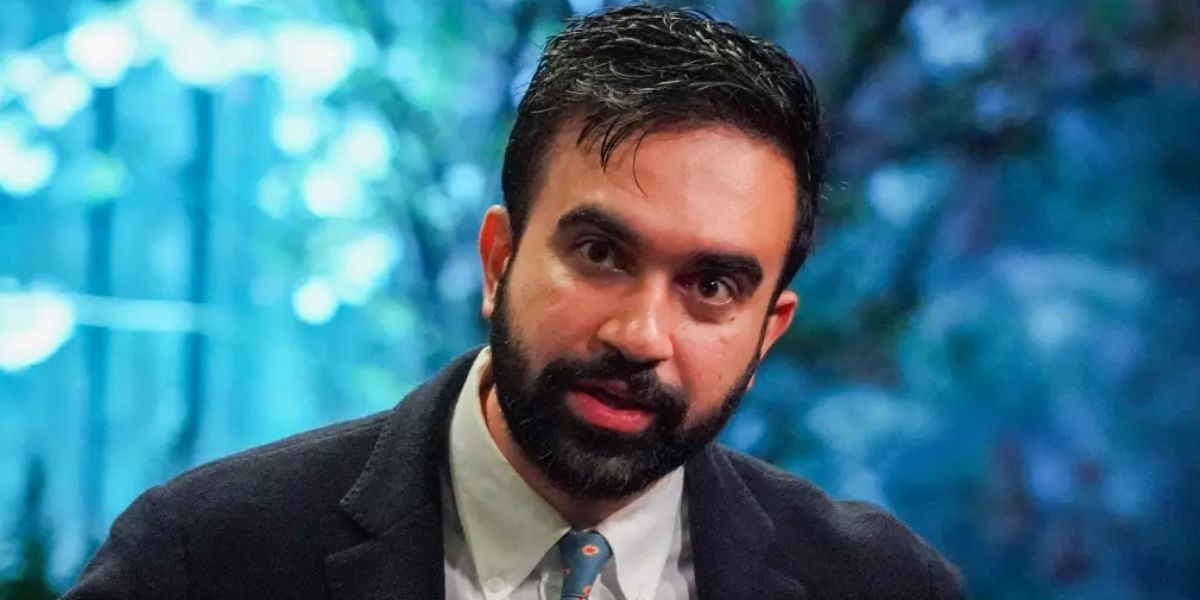As part of the compromise in the divided Capitol to pass the next two-year state budget, the Minnesota Legislature approved a controversial proposal on Monday that would remove undocumented immigrant adults from a state health care coverage program.
By the end of this year, only months after the DFL priority went into effect in January, the measure eliminates undocumented adults’ eligibility for MinnesotaCare. It is en route to Governor Tim Walz’s desk, where he is anticipated to sign it. If he doesn’t, another proposal contains a clause that would prevent the health department from receiving funding.
Republicans, who prioritized repealing that law in the divided Legislature, found the change to be a point of contention during negotiations with Democrats. Growing enrollment and the future costs to the state are worries for GOP lawmakers.
“If California and Illinois can’t make the numbers work, what makes us think Minnesota can? The question before us is simple: Will we continue down a path of fiscal recklessness or will we act now to protect Minnesota taxpayers?” Rep. Harry Niska, R-Ramsey stated.
The bill, meanwhile, provoked strong opposition and moving testimony from DFL lawmakers who claimed the change would be irreversible.
Despite her personal opposition, Melissa Hortman, the former speaker of the DFL House and the person who negotiated the budget agreement, was the only Democrat to vote in favor of it in the tied House chamber, paving the way for its passage.
“This bill is cruel. It is inhumane. And it will cost real human, Minnesotan lives,” Rep. Jamie Long, DFL-Minneapolis stated.
According to data from the Minnesota Department of Human Services, 24% of the more than 20,000 undocumented immigrants enrolled in MinnesotaCare are children under the age of 18, which is more than anticipated for the first four months of the year. For this time frame, the cost to the state is marginally higher than anticipated.
According to DHS data, paid claims totaled $3.9 million from January through the end of April. However, a spokeswoman stated that it is too soon to determine whether the costs would have been as high in a few years as Republicans claimed.
During the one-day special session that started Monday to finish the state budget for the next two years, the House first took up the bill and spent four hours debating it. Before they entered the chamber on Monday, protesters outside held signs that read, “Health care cuts kill.”
Read Also: Trump Proposes Cuts to Pell Grants, Raising Concerns Over College Access
Later, the Senate did the same, receiving all of the GOP’s votes along with four Democrats, including Senate Majority Leader Erin Murphy, DFL-St. Paul, who refrained from crying while discussing the bill.
“We will regain coverage for people because we are compassionate people, and that’s what we do in Minnesota. I made an agreement. I gave my word. I will vote for this and it’s among the most painful votes I’ve ever taken,” she stated.
To refine the bills that together will make up the approximately $66 billion state budget for the next two years, lawmakers spent three weeks working mostly behind closed doors. They agreed to start the one-day special session on Monday and wrap it up on Tuesday morning.
Among the 14 bills on the to-do list, passing the MinnesotaCare coverage rollback was the most controversial proposal.



